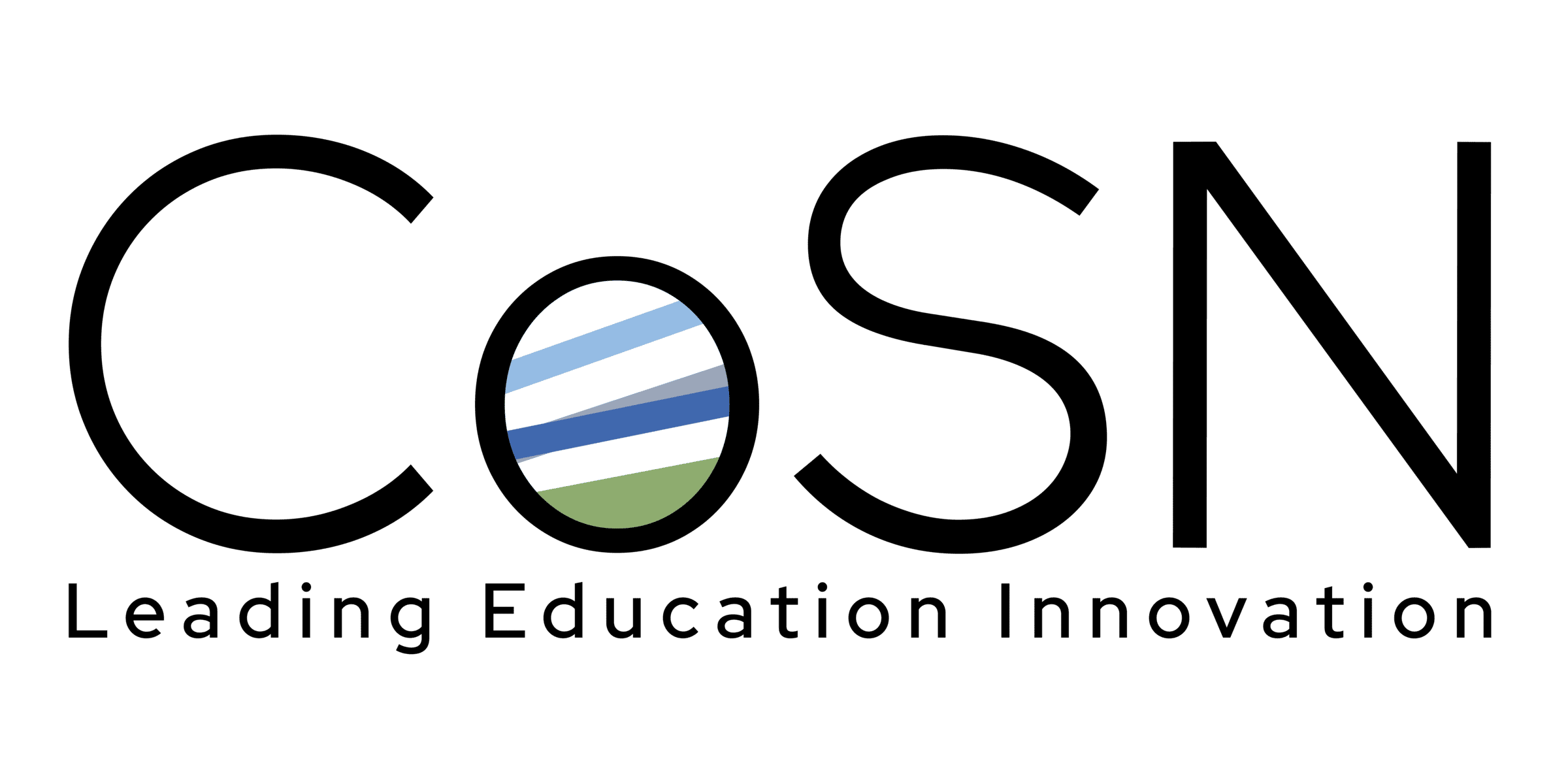CoSN, SETDA, SECA, All4Ed, SHLB and CGCS today submitted to the Federal Communications Commission (FCC) an estimate outlining the cost to provide much-needed cybersecurity protections to U.S. K-12 school districts and a petition for declaratory relief and rulemaking urging the agency to expand the E-rate program to cover these protections. Cybercriminals are targeting K-12 schools, leading to ransomware attacks, student and teacher data theft, and the disruption of remote learning activities.
The E-rate Cybersecurity Cost Estimate, developed by CoSN and Funds For Learning, organizes industry standard protections into three key categories and estimates the average cost for each bundle:
-
Next-generation firewalls: $0.738 billion
-
Next-generation firewalls and endpoint protection: $1.606 billion
-
Next-generation firewalls, endpoint protection and advanced+ security: $2.389 billion
The cost estimates are based on an analysis of five-year price models for third-party hardware, software and cloud-based services used to guard schools from online attacks.
“The reality is that, nowadays, school districts are home to a vast amount of valuable personal data that cybercriminals are interested in stealing — that is why the FBI has warned that K-12 education is the most targeted public sector for ransomware attacks. But schools lack the federal funding required to effectively combat these intrusions,” said Keith Krueger, CEO of CoSN. “We provided a comprehensive report that lays out the key elements of how to secure these vulnerable school networks, including costs, so that the FCC can take action on this critical issue.”
“The E-rate program is relied upon to provide financial aid for internet connections to 95 percent of K-12 students. E-rate offers the most practical, efficient and cost-effective infrastructure to mount a strong defense against prolific cybersecurity attacks in K-12 education,” said John Harrington, CEO of Funds For Learning. “We encourage the FCC to leverage E-rate to administer aid for cybersecurity measures outlined in this report.”
The petition for declaratory relief and rulemaking urges the FCC to help K-12 school districts protect their networks and data by expanding the E-rate program’s cybersecurity coverage. Specifically, the groups call on the agency to strengthen the E-rate by:
-
Defining all firewall and related features as “basic” beginning in funding year 2021;
-
Increasing the E-rate’s five-year Category 2 budget cap in future funding years to support needed additional cybersecurity investments; and
-
Updating the agency’s definition of “broadband” to include cybersecurity.
Read additional comments regarding this FCC filing from SECA, All4Ed, SHLB and CGCS. The recording of a recent webinar about K-12 cybersecurity funding and the E-rate Cybersecurity Cost Estimate report is available to watch here.
Learn more about CoSN’s advocacy efforts and review a new policy report on 2020 cybersecurity legislation. CoSN also has other resources to help school district leaders learn about cybersecurity. Check out additional E-rate resources and news from Funds For Learning here.
MEDIA CONTACTS:
For CoSN: Heidi Payter, hpayter@fratelli.com, 202-822-9491
For FFL: Kelsea Kierstead, kelsea@cblohm.com, 608-216-7300
About CoSN
CoSN (the Consortium for School Networking) is the premier professional association for school system technology leaders. CoSN provides thought leadership resources, community best practices and advocacy tools to help leaders succeed in the digital transformation. CoSN represents over 13 million students in school districts nationwide and continues to grow as a powerful and influential voice in K-12 education. cosn.org
About Funds For Learning
Funds For Learning, LLC, is a compliance firm specializing in the federal E-rate funding program for schools and libraries. Funds For Learning supports E-rate stakeholders in all 50 states, helping them navigate the application process to receive support for internet access and Wi-Fi connectivity. To deliver applicant feedback to the Federal Communications Commission and Congress, Funds For Learning coordinates the annual E-rate Trends Report. For more information, please visit http://www.fundsforlearning.com.
About SETDA
Founded in 2001, the State Educational Technology Directors Association (SETDA) is the principal non-profit membership association representing U.S. state and territorial educational technology and digital learning leaders. Its mission is to build and increase the capacity of state and national leaders to improve education through technology policy and practice. For more information, please visit www.setda.org.
About SECA
The State E-rate Coordinators’ Alliance (“SECA”) is a non-profit professional association for state E-rate coordinators who support applicants across the country. SECA members, representing 40 states and two territories, provide year-round E-rate training, technical assistance and helpdesk support to school, library and consortium applicants to facilitate their success with obtaining E-rate funding and complying with program rules. secaerate.net
About All4Ed
The Alliance for Excellent Education (All4Ed) is a Washington, DC–based national policy, practice, and advocacy organization dedicated to ensuring that all students, particularly those underperforming and those historically underserved, graduate from high school
ready for success in college, work, and citizenship. all4ed.org
About SHLB
The SHLB Coalition is a nonprofit, 501(c)(3) advocacy organization that supports open, affordable, high-quality broadband connections for anchor institutions and their surrounding communities. The SHLB Coalition is based in Washington, D.C. and has a diverse membership of commercial and non-commercial organizations from across the United States. To learn more, visit www.shlb.org.
About CGCS
The Council of the Great City Schools is the only national organization exclusively representing the needs of urban public schools. Composed of 76 large city school districts, the Council’s mission is to promote the cause of urban schools, advocate for inner-city students, and build capacity in urban education with programs to boost academic performance and narrow achievement gaps; improve professional development; and strengthen leadership, governance, and management. www.cgcs.org

